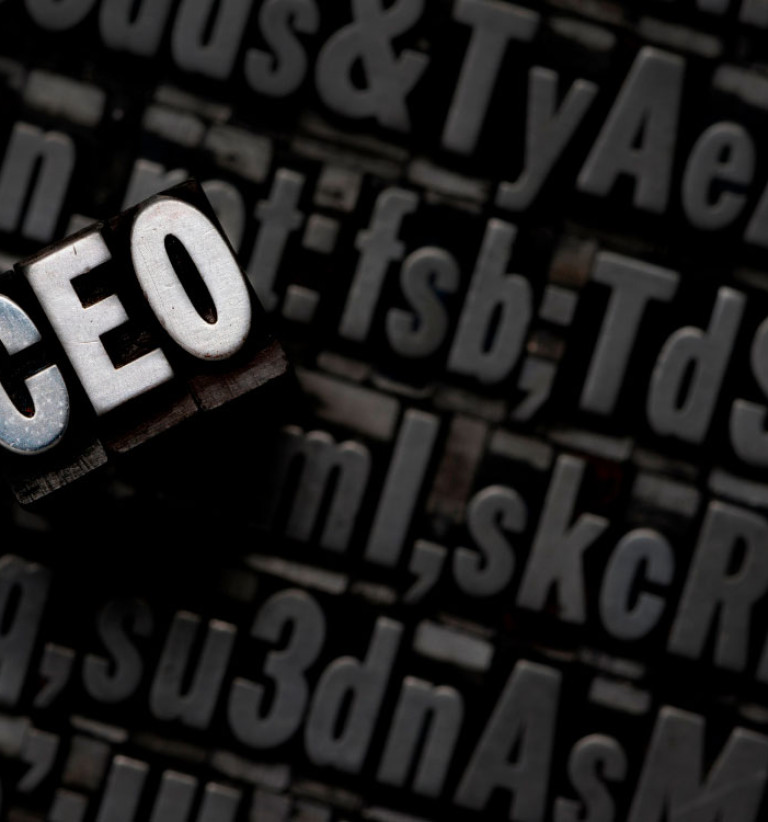Un nuevo tablero de juego para los líderes empresariales
The Evolution of Job Roles in the Digital Age
The business world no longer moves in straight lines. Companies are evolving from rigid and hierarchical structures to much more horizontal, collaborative, and flexible models. This is where new forms of leadership are born.
Changes in Organizational Structure
The decentralization of leadership is now a competitive advantage. Companies that adopt these new frameworks are faster, more adaptable, and more attractive to young talent.
👉🏼 If you still don't know what we're talking about, we recommend this article where we address the different organizational structures of a company and their advantages.
New Key Roles in the Companies of the Future
Positions that didn’t exist a few years ago... and today are becoming increasingly relevant. Current challenges have given rise to new strategic profiles at the C-Level. These figures are not only responding to trends but are necessary to maintain relevance and competitiveness. Let’s break them down one by one!
Chief Data Officer (CDO): Managing Information as a Strategic Asset 📊
Information is power… if you know how to use it. The CDO leads the transformation of data into smart decisions. In a world where every click generates metrics, this profile becomes a driver of efficiency and growth.
Chief Sustainability Officer (CSO): Leading the Green Agenda 🌱
The future will be sustainable… or it won’t be. The CSO drives environmental, social, and governance (ESG) policies. In addition to safeguarding reputation, it ensures a responsible business model with long-term vision.
Chief Innovation Officer (CIO): Driving Constant Innovation 💡
Innovation is no longer just a matter of R&D. The CIO fosters an internal culture that encourages experimenting, failing fast, and learning even faster. In a changing environment, this role is key to staying ahead.
Chief Remote Officer (CRO): Managing Remote Work 🏡
Remote work is here to stay. This profile is responsible for creating policies and systems that ensure productivity, well-being, and connection among geographically dispersed teams. And yes, they also know when it's time to meet physically, for example, in coworking spaces that facilitate a hybrid work model like those of Lexington. 😉
The Challenges C-Levels Face When Integrating These New Roles
Incorporating new positions involves much more than adding a line to the organizational chart. It’s a transformation that can create internal tensions if not managed with emotional intelligence, communication, and clear vision.
Managing Cultural and Technological Transformation
It’s not just about technology. The real change is cultural: it’s about adapting mindset, habits, and even corporate values. Here, visible and consistent leadership is vital.
Adaptation to Change and Internal Resistance
There will always be those who prefer the known. Detecting resistance and managing it with empathy is an essential part of a modern C-Level’s work.
Maintaining Competitiveness in a Constantly Changing Work Environment
The market is transforming rapidly. Incorporating key roles allows for a better ability to respond, but only if leadership knows how to integrate, motivate, and align the team in that direction.
The Importance of Continuous Training for C-Levels
Learn, unlearn, relearn... the new mantra of leadership! 21st-century leadership is not based solely on accumulated experience but on the ability to continuously update.
Training and Adaptation of Business Leaders
From soft skills like empathetic communication to hard skills like data analysis, C-Levels must be in constant evolution. What’s the good news? There are more resources than ever to get trained!
👉🏼 Check out the 8 best online training websites by Eva Porto.
Tools and Resources to Stay Up-to-Date
Webinars, mentoring, e-learning platforms… and also spaces to connect with other leaders.
How Do New Job Roles Improve Business Efficiency?
Adding these new executive profiles is not just about trends or external demands. It also improves the capacity for analysis, anticipation, and response in any scenario.
New Perspectives to Improve Decision-Making
By incorporating specialists with complementary views (sustainability, data, innovation, remote work…), leadership becomes more complete. And when decisions are more informed, the results reflect that.
Bonus: The Ideal Environment to Drive This Evolution 🚀
Spaces that Inspire Change… Like Ours!
Did you know that the physical environment also influences how we lead and collaborate? Private offices in Madrid and Barcelona, well-designed and customizable like those at Lexington, can make a key difference for these new leaders. Whether for strategic meetings, training, or creative sessions, having a flexible and functional space changes everything!
Request more information by filling out the form ⬇️







